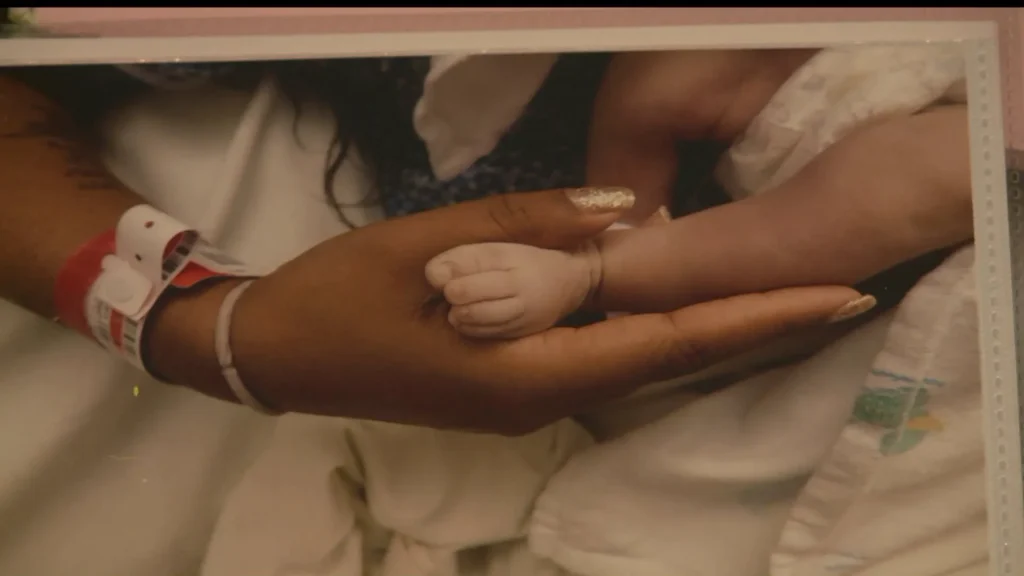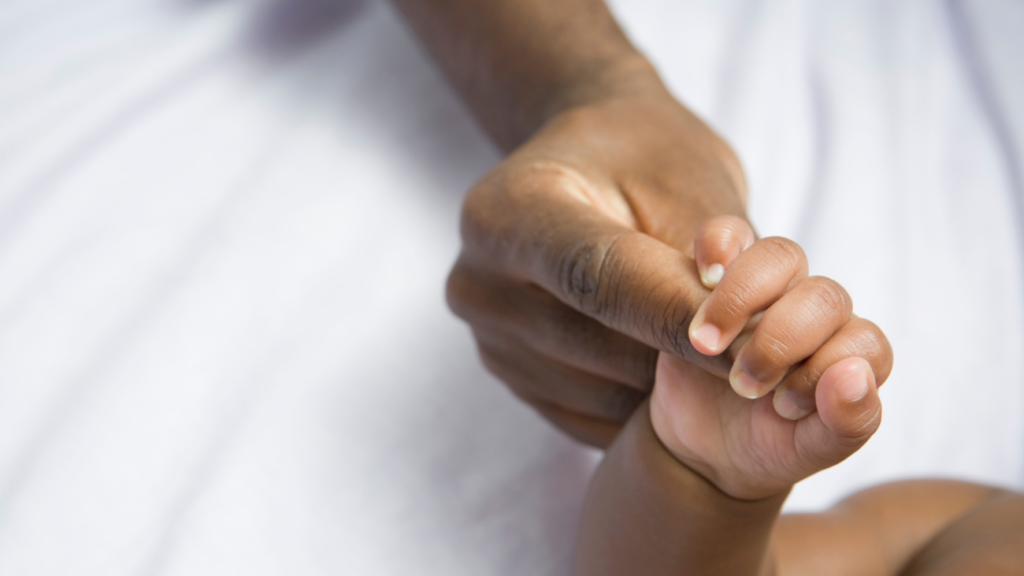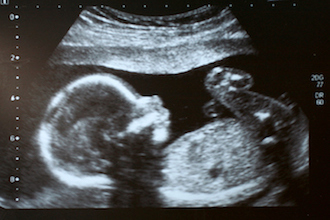Stillbirth and neonatal loss are painful experiences for any parent, yet negative cultural beliefs discourage mourning. Experts say this does more harm than good.
By Patson Gumbo
For 28-year-old Sylvia Magunje (not her real name), the joy of pregnancy quickly turned into heartbreak. After enjoying a healthy pregnancy for nine months and enduring hours of labour, she was told at the hospital that her baby had died in the womb.
“It was a very tough time for me and my husband. After losing our baby, I temporarily became insane because my mind was completely blank. The worst part is that I was told that I had to control my emotions and not to cry,” Magunje remembered with a sad heart.
“Friends and relatives would come to me with all sorts of comforting words, but it still didn’t make any sense to me. All I wanted was to be left alone with my husband because I felt that he was the only person who understood my pain,” she explained.
“Thinking I had carried my baby for nine months and endured about 10hours of labour only to go home empty-handed, was heart-breaking,” Magunje continued.
She further explained that though she wanted to cry to express what she was feeling, the fear of losing another child in the future or not being able to conceive again discouraged her.

According to Zimbabwean cultural tradition, grieving a stillborn could result in all subsequent pregnancies ending the same way or not being able to conceive at all. To add to the heartache, the stillborn baby is taken away and cremated by authorities in the absence of the parents or any family members.
Magunje is not alone. Zviito Mbeta who also lost her baby just two weeks after birth, remembers the trauma vividly – 20 years later.
“I don’t know how to explain the feeling. I was shattered! I would hear my baby crying. I bottled up my feelings to an extent of losing weight,” Mbeta reminiscenced.
“After I got pregnant again, it was not easy. I was scared during the whole pregnancy. I couldn’t stop myself from thinking that the same thing would happen. The fear became worse when my baby reached the stage when his brother died at.”
It was an especially painful experience for 28-year-old David Matanhike, who lost his son just two days after birth. As a man, he felt pressured to stay strong and suppress his emotions in order to support his wife during the difficult time.
“I was told that, as a man, I had to be strong, that men don’t cry,” said Matanhike. “I was in pain, but I couldn’t express it. I had to keep it together, even though all I wanted was to find a quiet corner and release everything I was feeling.”
In many African communities, long-held beliefs dictate that stillbirth or neonatal death should not be publicly mourned. Families are advised against grieving, holding funerals, or even acknowledging the baby’s existence.

With this belief wreaking havoc in people’s lives, traditional leaders are now working to correct misconceptions regarding this.
Sekuru Tichakunda Bote of the Zimbabwe National Traditional Healers Association (ZINATHA), clarified. “Yes, we discourage large funerals, but this is only to make room for spiritual consultations. Grieving is not forbidden at all because it’s natural.”
Sekuru Bote explained that after such a loss, elders often seek spiritual understanding, if the death was natural or caused by other factors. However, he said this process should not prevent grieving or emotional support.
From a medical perspective, there is no evidence to support the belief that mourning after losing a baby causes future pregnancy loss.
A gynecologist who asked not to be named for professional reasons clarified, “There is no scientific basis for encouraging mothers or parents of stillborn babies or those who experience neonatal death not to grieve. In fact there is actually evidence that supports grieving as a good thing.’
“Logically, if someone, especially a woman, believes this, it’s possible that severe stress and anxiety stemming from real fear as a result of the experience may impact the next pregnancy, just like any other stressful situations or anxiety-inducing situations,” said the gynaecologist.
He added that the beliefs may cause harm as this may result in delay seeking medical advice with the next pregnancy and advised expecting mothers to seek medical attention early on in the pregnancy to help with the monitoring of the baby.
Psychologist Dr. Kudakwashe Muchena said discouraging grieving can cause long-term psychological harm.
“The bond between a mother and a baby starts in the womb, so when a stillbirth occurs it will be a devastating experience. And not grieving will therefore have serious impact on the people affected,” Dr. Muchena said.
He also added that having the foetus whisked away without the family robs them of the opportunity to say goodbye and get closure.
“Mourning is a psychological process, which is therapeutic. When this is denied and the feelings are suppressed, the emotions might burst out in a different form or shape and may develop into resentment towards other children or intimacy with a partner. Most women who go through this fall into depression which can be chronical,” Dr. Muchena explained.
Dr. Muchena emphasized that men should also be encouraged to express their emotions, warning that bottling up grief can lead to psychological effects.
“As psychologists, we believe mourning is a natural process that everyone should go through, regardless of gender. It’s not a weakness for a man to cry or seek help, it’s actually a sign of strength. We’re all human, and we all have emotions,” Dr. Muchena added.
The death of a baby is a loss that deserves acknowledgement, compassion and understanding. Encouraging silence in the name of culture only deepens the wound.
It’s time to break the silence, challenge the myths and support grieving parents with both empathy and education. Losing a baby is a traumatic event and expressing grief helps in healing.
Cultural sensitivity is important, so is Mental Health.

